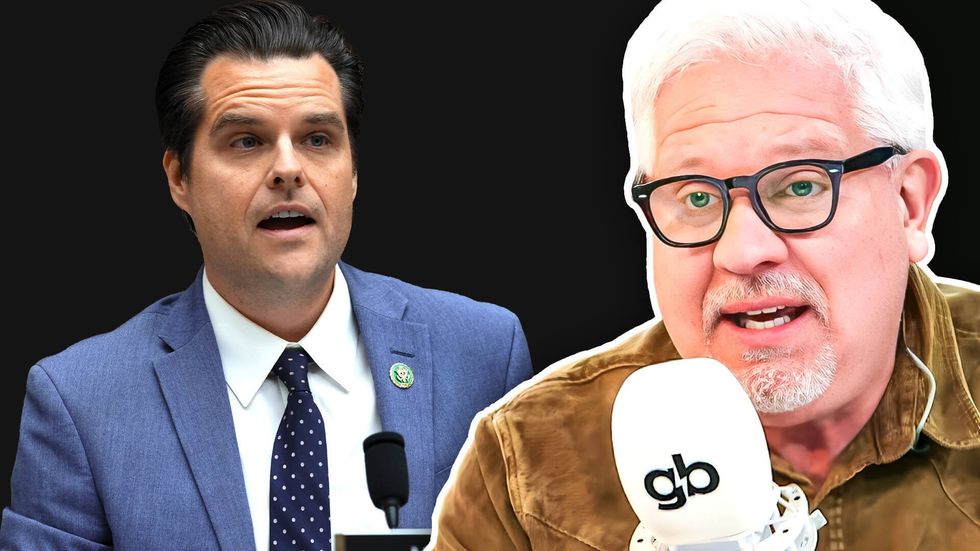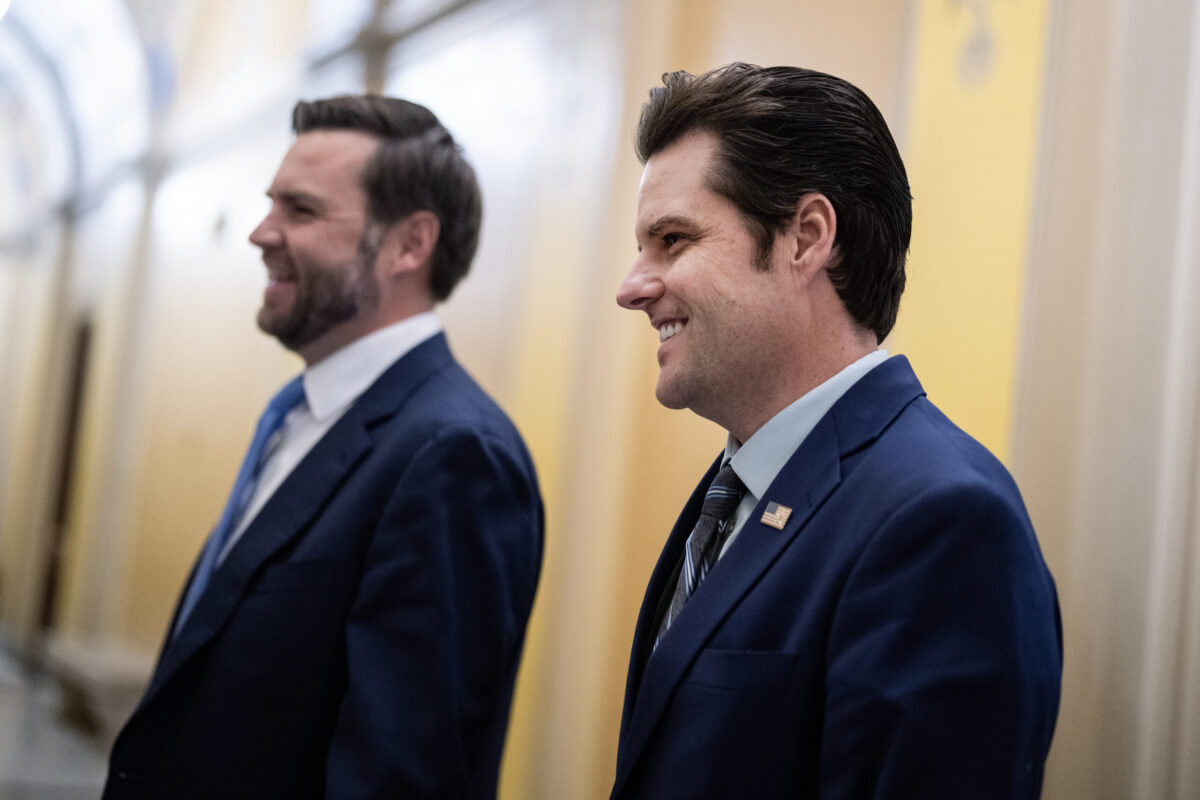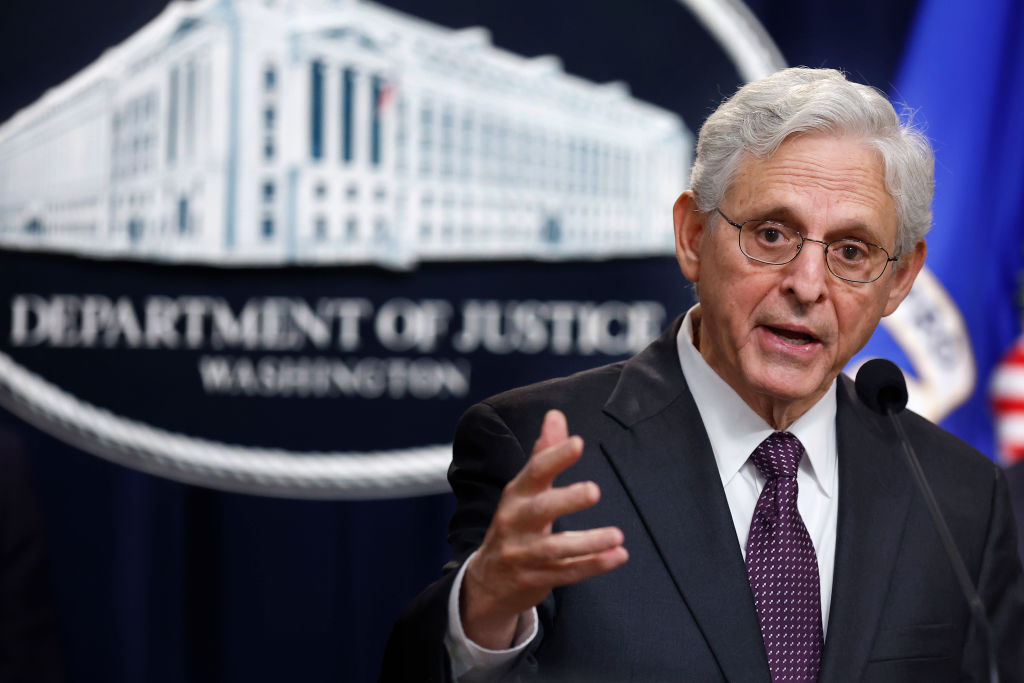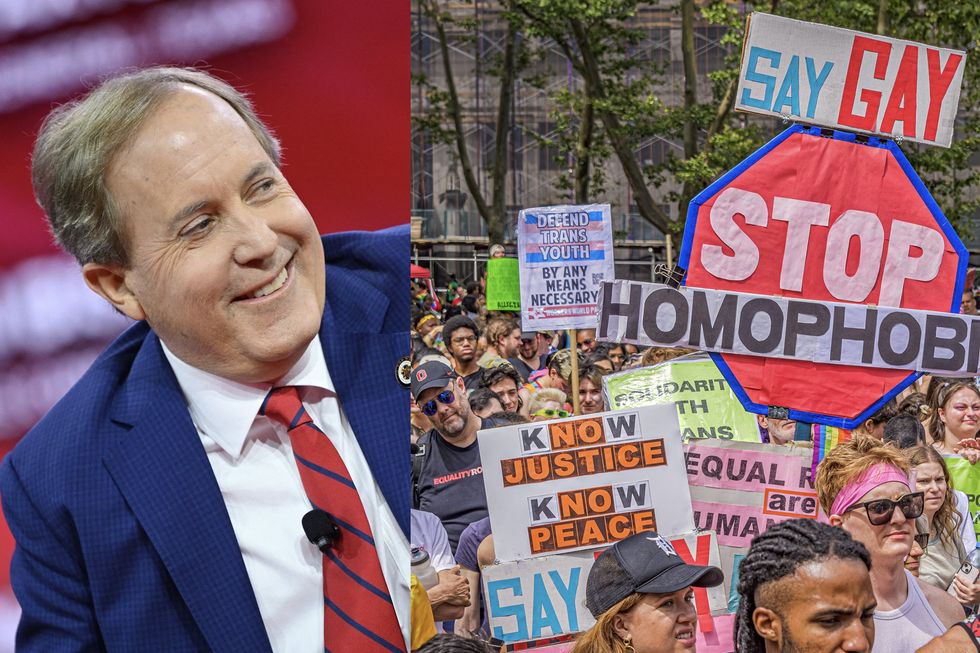Is Iranian spying hurting efforts to protect Trump, Harris, Biden?
Services 'have been penetrated by people who are providing tangible support for Iranian network activities'



Some U.S. national security officials are convinced that agencies devoted to protecting the security of presidents, former presidents, presidential candidates and their families, as well as current and former State Department secretaries, have been compromised by Iranian intelligence assets, three knowledgeable sources told RealClearPolitics.
Longstanding concerns about Iranian infiltration of key U.S. protective agencies have intensified in recent weeks in the wake of the mid-July assassination attempt at the Butler, Pennsylvania, rally that wounded former President Donald Trump.
“Our counterintelligence vigilance for our security protective services in the United States, be it Diplomatic Security Services, be it Secret Service, be it in the U.S. Marshals or in the Treasury [Department], have been penetrated by people who are wittingly or unwittingly providing tangible support for Iranian network activities in this country,” a former senior intelligence official in the Obama administration told RCP over the weekend.
It’s unclear if employees in the U.S. protective agencies are knowingly participating in Iranian espionage or are simply interacting with assets for the Tehran government in social circles and inadvertently sharing information with foreign adversaries.
The concerns about Iranian penetration of U.S. protective security agencies predate the Butler rally. But the assassination attempt and the events leading up to it have only intensified fears that U.S. agencies haven’t done enough to counter the Iranian spying threat.
One day before would-be assassin Thomas Crooks managed to fire off eight shots at Trump and the crowd from an unmanned roof at the Butler rally, the FBI arrested Asif Raza Merchant, 46, in New York and charged the Pakistani with plotting to kill U.S. leaders, including Trump.
Justice Department officials said they had no evidence linking Merchant’s plot to the Pennsylvania shooting, but they asserted that Merchant’s arrest had disrupted an expansive scheme that included efforts to steal computer files from U.S. officials. Merchant had recently spent two weeks in Iran.
The Secret Service had stepped up security for Trump’s Butler rally in response to a potential Iranian assassination plot against Trump, which U.S. intelligence agencies said they were tracking but did not indicate whether that threat was related to Merchant’s thwarted scheme.
After leaving Iran, Merchant flew from Pakistan to the United States in an attempt to recruit hit men to kill Trump. But the men Merchant tried to recruit were FBI agents who foiled the plot, which FBI Director Christopher Wray described as deriving “straight out of the Iranian playbook.”
Two years ago, the Justice Department charged a member of Iran’s Islamic Revolutionary Guard Corps with a sophisticated plan to assassinate John Bolton, who served as a national security adviser to Trump, in retaliation for Trump’s order to kill Iranian Gen. Qasam Soleimani. Soleimani died in a U.S. drone strike in Iraq on Jan. 3, 2020.
Information about the foiled plot and arrest comes amid reports that the FBI and other U.S. intelligence agencies have concluded that the Iranian government is behind a hack and leak operation targeting Trump’s presidential campaign and at a similar effort attempted against Kamala Harris’ campaign.
The increased Iranian attempts to interfere with the 2024 election and the foiled assassination attempt against Trump are renewing concerns about the Secret Service’s decision to drop Robert F. Kennedy Jr.’s security detail last week. The agency removed his Secret Service detail after the former independent presidential candidate suspended his third-party campaign Friday and endorsed Trump.
The Secret Service had only afforded protection to Kennedy after the assassination attempt against Trump in July, even though his campaign had long requested the protection, an issue that is especially sensitive to Kennedy Jr., after his father, Robert F. Kennedy, and his uncle, President John F. Kennedy were assassinated in the 1960s.
For nearly a year, the Biden administration also has declined to provide Secret Service security protection for Robert O’Brien, Trump’s former national security adviser who held the post after Bolton. Biden repeatedly declined to provide the security despite behind-the-scenes pressure from high-ranking lawmakers and what they say are continuing threats against his life and a heightened threat from Iran. O’Brien still lacks Secret Service protection, a knowledgeable source told RCP on Sunday.
Rep. Mike Turner of Ohio, Republican chairman of the House Intelligence Committee, has sent two letters to Biden over the past year since O’Brien’s Secret Service protection was ended without explanation on Aug. 1, 2023, according to the Wall Street Journal.
“It’s a dangerous precedent to set, to not extend a former National Security Adviser’s protective detail while there are active threats against his life, especially in a growing threat environment,” Turner wrote on Jan. 30. “Ambassador O’Brien both needs and deserves a protective detail for his service to this country.”
Two years ago, some U.S. officials became alarmed about Secret Service leaders’ lack of vigilance against potential espionage when an applicant failed the terrorism portion of a counterintelligence polygraph test, but agency leaders allowed the employee to remain and become a security-clearance adjudicator, according to two sources in the Secret Service community.
(A security clearance adjudicator makes decisions about granting others’ eligibility for security clearances based on information gathered and verified during a background investigation.)
Most security-related positions in the Secret Service require an applicant to pass at least two portions of a polygraph test – a counterintelligence scope and a lifestyle scope.
Counterintelligence questions cover potential espionage, terrorist activities, deliberate damage of U.S. government systems, intentional compromise of classified information, and secret contact with foreign nationals or representatives of a foreign government. A lifestyle polygraph covers involvement in serious crimes, illegal drug use, and falsification of security forms, among other personal questions.
In another alarming incident that could have implications for the Iranian plot against Trump, in 2022, two men of Pakistani heritage were arrested and charged with posing as Department of Homeland Security officers in Washington and duping four Secret Service agents charged with protecting President Biden and his family.
According to federal prosecutors, the imposters provided the Secret Service agents with tens of thousands of dollars’ worth of gifts, including rent-free apartments, in a two-year scheme that began in February 2020 while Trump was president.
At one point after Biden took office, one of the Pakistani men, Arian Taherzadeh, offered to buy a $2,000 assault rifle for an agent assigned to first lady Jill Biden’s protective detail, according to the legal filings. Haider Ali told witnesses he had connections to intelligence agencies in Pakistan, and he also had several visas issued by Pakistan and Iran, prosecutors said.
“Taherzadeh and Ali have attempted to use their false and fraudulent affiliation with DHS to ingratiate themselves with members of federal law enforcement and the defense community,” David Elias, an FBI agent, wrote in the affidavit.
Yet, Elias did not say why the men, both of whom have subsequently been sentenced to federal prison terms, orchestrated the elaborate plan to impersonate DHS agents and cozy up to members of the presidential protective Secret Service detail. Prosecutors said they used their false identities to obtain security footage of the apartment building, as well as a list of the building’s residents and contact information.
The Secret Service agents implicated in the scheme were placed on administrative leave, but it’s unclear what disciplinary action, if any, was taken against them.
Twenty-five years ago, before the Sept. 11, 2001, terrorist attacks on New York and Washington, Middle East experts would consider any collaboration between pro-Sunni Muslim Brotherhood-aligned groups in Pakistan with Iranian Shia Muslim efforts as far-fetched at best. However, since 2010, the U.S. has been tracking the cooperation between these once deeply adversarial groups.
Iran is currently funding and backing more than 20 groups in the Middle East, directly or indirectly, including Hamas, a Sunni Islamic terrorist group, in its war against Israel, and, by extension, the United States.
Two House Republicans, Homeland Security Chairman Mark Green of Tennessee and Rep. August Pfugler, chairman of a counterterrorism subcommittee, sent a letter to Wray in mid-August demanding answers and a briefing about Merchant, as well as the status of the investigation and threats Iran poses to the U.S. homeland.
“Credible threats by Iran have continued to persist against former Secretary Pompeo, as well as his former top aide, Brian Hook, who served as special representative for Iran during the Trump administration,” Green and Pfugler wrote. “These plots also include Iran’s efforts to silence those who publicly criticize the regime’s human rights abuses.”
“We have serious concerns about the inadequate … actions taken by the Biden-Harris administration to impose consequences on the Iranian regime, including efforts to protect our national security and American citizens from foreign threats,” they added.
Green and Pfugler pressed the FBI for a briefing on the matter no later than Aug. 30.
SUPPORT TRUTHFUL JOURNALISM. MAKE A DONATION TO THE NONPROFIT WND NEWS CENTER. THANK YOU!
Originally Published at Daily Wire, World Net Daily, or The Blaze
What's Your Reaction?































































































